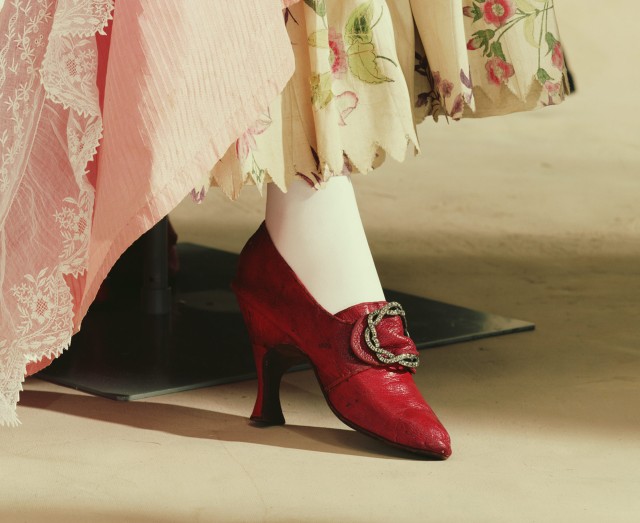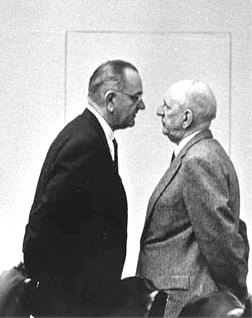Not Your Natural Net-worker?
January 1, 2019 | By Rachel Hankey |
What could better start for your 2019 working life than expanding your network?
Whether you work for a big corporation, your local authority or are CEO of your own mini empire there is much to be gained from a professional mingle. Whilst LinkedIn allows us to virtually connect, nothing tops real-life handshakes and conversations which behind a screen, can stagnate, ignored in message box. If you are face to face with your correspondent, drink in hand, nodding to acknowledge receipt of their wisdom, you are much more likely to get an instance response to a question. Moreover, if you have taken the time to research your correspondent’s background, their likes, interests and current status, you can also create an environment where your opposite number will remember you over others.
What is going to make you memorable at an event? (In a good way, we’re not talking tripping out of the toilets or singing ‘My Way’ after too much alcohol)
1. Some people are very comfortable in networking environments and thrive on the buzz of having to professionally befriend a roomful of strangers. Others are horrified by it. Most are somewhere in the middle. Our advice is to be authentic, relaxed and true to yourself. You can always tell if someone is putting on an act. You know when you are around someone doing this, you don’t feel entirely comfortable around them. So don’t be one of them. Smile! Smile as if you are in on a secret but one you are prepared to share with the right person.
2. Listen and look interested. We all want to share our stories but don’t be in a hurry. Be the person people remember because you looked the least desperate to ‘network’. When you do share your information, keep it to three key phrases – a strong intro sentence, explaining who you are and what you do, a summary sentence, explaining what you or your organisations aspirations and plans for the year ahead are. Perhaps a closing sentence as well, along the lines of what you are hoping to achieve from attending networking events. Make it memorable but succinct. And then listen to your contact’s information. Ask questions and if you’re genuinely interested in a connection take a business card. (If you think you might have any recall issues put notes into your phone to refer to when you follow up.)
3. Follow up! Keep the momentum going. If the relationship is going to be of benefit to your organisation or to that of another contact, send an email the next day. This shows real integrity to your connection, not only that you’re interested but that in business you can be relied on.
4. Know when it’s time to move on. Even if you are having a great time and the conversation and laughter is flowing, it’s a little bit like a first date, keep it classy and ensure you are both allowing other’s access to you. It’s a professional event after all. It’s going well, it’s a sure sign you can reconnect again, just swap cards and follow up the next day.
5. Standing alone? Not sure how to get the conversation started? Networking events are about just that. Rarely do organisers let attendees stand alone but if you do find yourself adrift, assert yourself and introduce yourself. Usually, if you linger for a bit, you will get invited into a group that might have formed. Or politely interrupt a conversation and ask if you might possibly have the benefit of a conversation with either party when one or the other becomes free. This way you will at least secure a conversation at the earliest opportunity.
6. To re-cap, be yourself, be prepared (research if possible) keep if brief but interesting, be MORE interested in others. Follow up. Get involved, don’t stand on the sidelines!

 How about this instead and it is just an idea but if you have a speech coming up, think about it for a bit, crack open a beer or pour a long cool drink and then just put your feet up. If something interesting on the telly or a good book comes along to distract you then don’t bat it away, after all, it is only a speech. Let’s face it, you have a lifetime of words, wit and experience within you, surely when the time comes and you’re standing in front of an eager (or bored witless) audience, your charisma will ignite a trail of neon bulbs around you and the magic will simply HAPPEN.
How about this instead and it is just an idea but if you have a speech coming up, think about it for a bit, crack open a beer or pour a long cool drink and then just put your feet up. If something interesting on the telly or a good book comes along to distract you then don’t bat it away, after all, it is only a speech. Let’s face it, you have a lifetime of words, wit and experience within you, surely when the time comes and you’re standing in front of an eager (or bored witless) audience, your charisma will ignite a trail of neon bulbs around you and the magic will simply HAPPEN.





